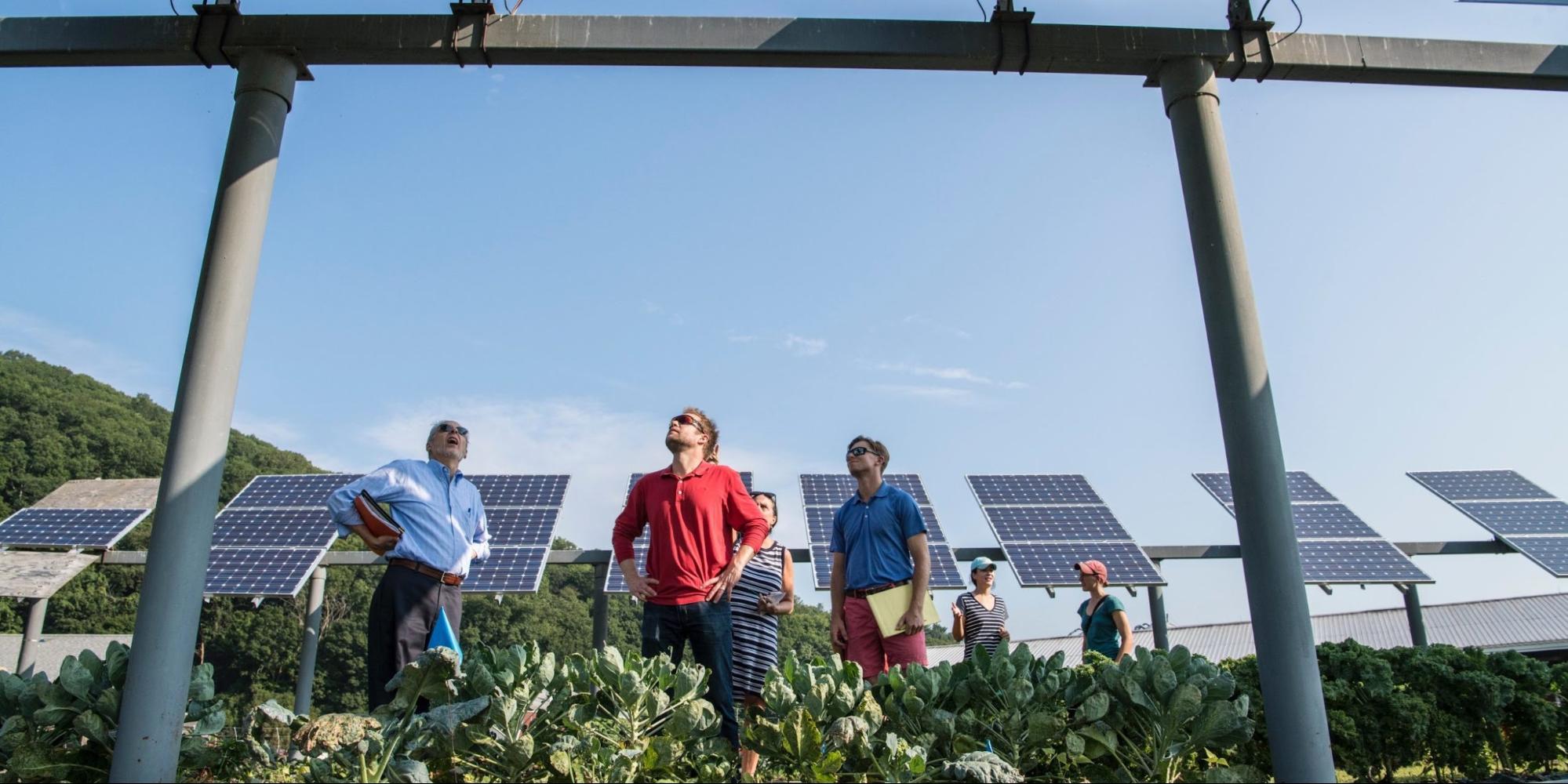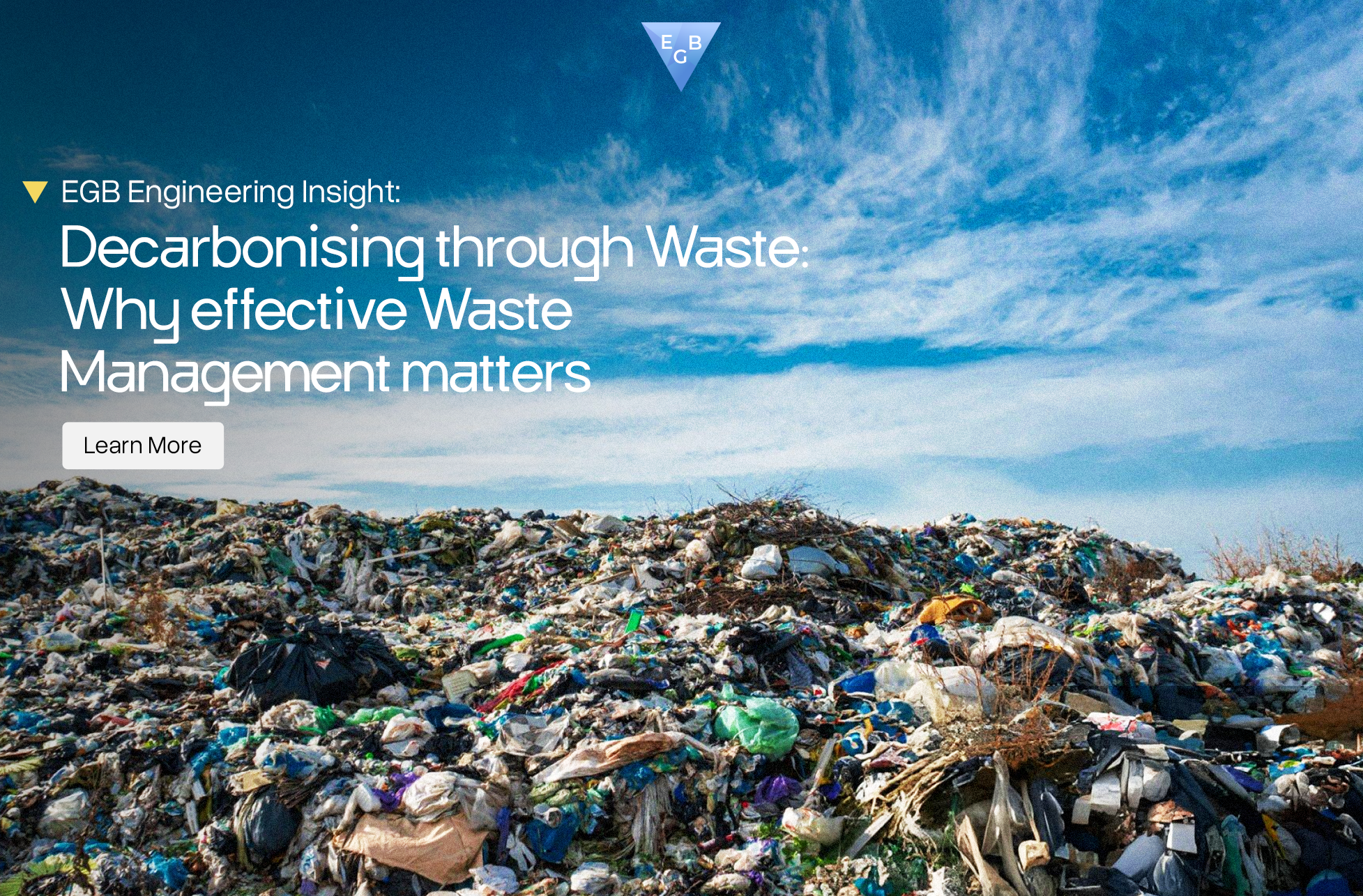
IEA Annual Report: ‘Coronavirus Response Can Reshape The Future Of Energy’
THE WORLD’S RESPONSE TO COVID-19 CAN “RESHAPE THE FUTURE OF ENERGY” FOR YEARS TO COME, THE INTERNATIONAL ENERGY AGENCY SAID IN ITS ANNUAL WORLD ENERGY OUTLOOK REPORT.
This year’s annual report, published on Tuesday, looked a little different from previous years, with COVID-19 taking center stage. Predicting the future of energy is an even greater challenge than usual this year, coming after what the IEA
described as a disruption not seen since “World Wars and the Great Depression.”
“There are two key themes in this World Energy Outlook 2020 (Outlook): the impact of Covid-19 on the energy sector and the prospects for accelerated energy transitions. These themes are interlinked and subject to major near-term uncertainties, in particular relating to the duration and severity of the pandemic, its economic implications and the extent to which energy and sustainability are built into recovery strategies.” the report stated.
“The Covid-19 crisis has caused more disruption than any other event in recent history, leaving scars that will last for years to come,” the Paris-based agency said in a statement. “Covid-19 unleased a crisis of exceptional ferocity on countries around the world …The crisis is still unfolding today — and its consequences for the world’s energy future remain highly uncertain.”
Unveiling the latest edition of its flagship publication, the organization noted that worldwide low-carbon electricity generation from nuclear and renewable energies had exceeded coal-fired generation for the first time last year.
The IEA annual report forecasts that coal demand will not return to pre-coronavirus levels, and that it will account for less than 20% of energy consumption by 2040.
Meanwhile, power produced from solar photovoltaics has become cheaper than electricity from plants fired by fossil fuels in most nations. Renewables will push coal off the grid, taking 80% of demand growth to 2030.
Going forward, the IEA believes that renewables will take “starring roles,” and solar will take “center stage,” driven by supportive government policies and declining costs.
“I see solar becoming the new king of the world’s electricity markets,” said Fatih Birol, IEA’s executive director. “Based on today’s policy settings, it is on track to set new records for deployment every year after 2022.”
The report underscored that most important of all is how the crisis will ultimately affect the transition to clean energy. It noted that while the transition continues to gain momentum, faster and bolder structural changes are needed if the world is to reach net-zero carbon emissions.
To reach net-zero emissions, governments, energy companies, investors and citizens all need to be on board – and will all have unprecedented contributions to make,” the IEA annual report said.




